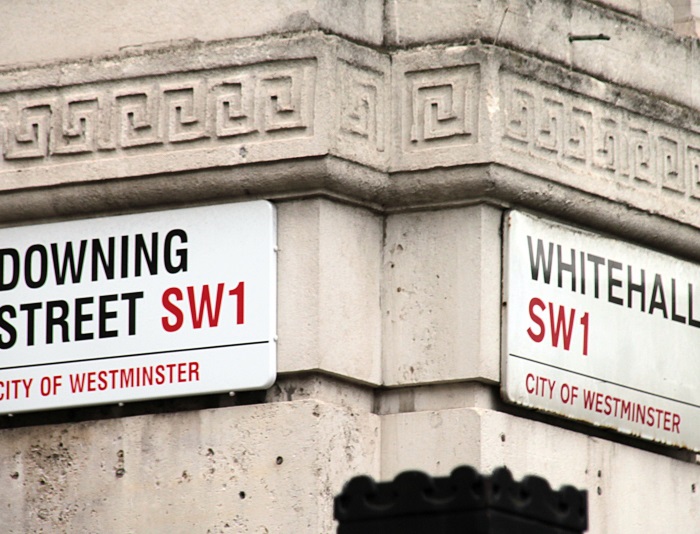Links to external sources may no longer work as intended. The content may not represent the latest thinking in this area or the Society’s current position on the topic.
Research at the heart of government; opportunities and challenges

The national Academies are hosting a series of four Policy Lab events considering the landscape for UK research and innovation after the 2015 Spending Review. This event considered whether research and innovation look set to be positioned closer to the heart of government, and the opportunities and challenges this could present.
The outcomes of the 2015 Spending Review were broadly positive for UK research and innovation. However, significant changes are on the horizon for the research and innovation landscape, including: implementation of the Nurse Review recommendations and possible changes to higher education, as proposed in the Higher Education green paper.
The creation of a new ‘umbrella’ organisation, Research UK, to sit above the Research Councils, and a possible Ministerial Committee to facilitate engagement between policymakers and research funders, could put research truly at the heart of government. This is something that the research community has long called for, but what will the broader implications be for research?
Will these changes give the research and innovation community a stronger voice in government decision making and economic policy? Will government start to play a stronger role in the direction of research and innovation priorities? How will the roles of different bodies be defined? Where will the boundaries of power and accountability sit? Will the coordination between research budgets across government, including the Grand Challenges Fund and the Department of Health’s £5 billion investment in health research, be improved?
Sir Adrian Smith FRS, Vice-Chancellor of the University of London, chaired a panel of speakers including :
- Professor Chris Whitty CB FMedSci, Chief Scientific Adviser, Department of Health and former Chief Scientific Adviser in the Department for International Development
- Alan Pitt, Deputy Director, Government Office for Science
- Dame Julia Slingo OBE FRS, Chief Scientist, the Met Office and member of the High Level Group of Scientific Advisors of the European Commission’s Scientific Advice Mechanism
- Professor Philip Nelson FREng, Chair of the RCUK Executive Group and Chief Executive of the EPSRC
You can read a blog post about this event on In Verba.
Follow the discussion:#AcademiesAfterSR
